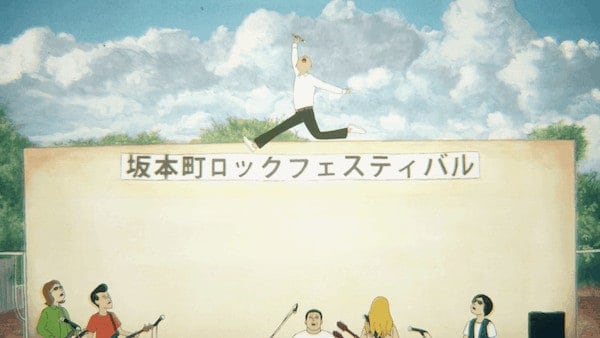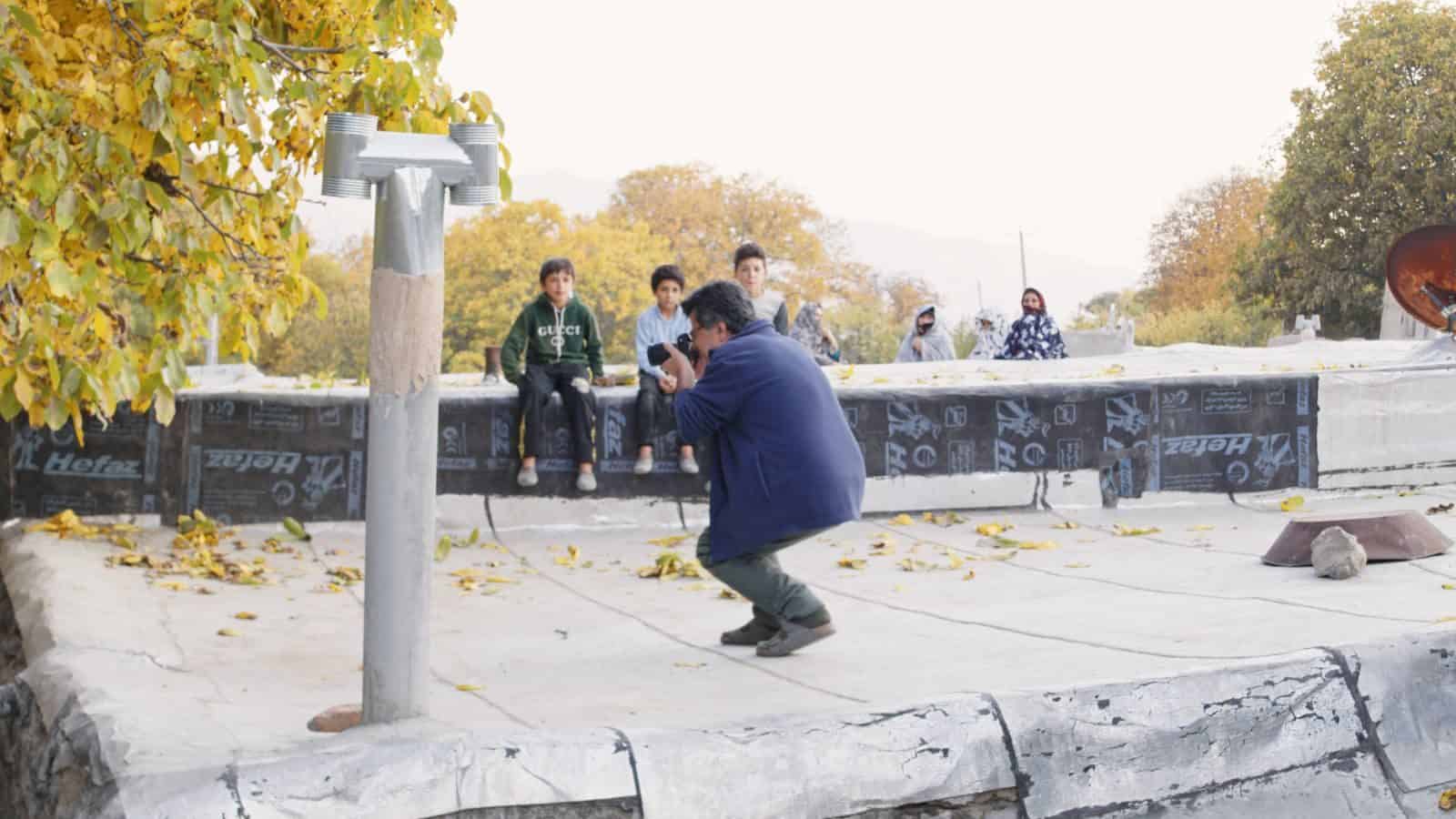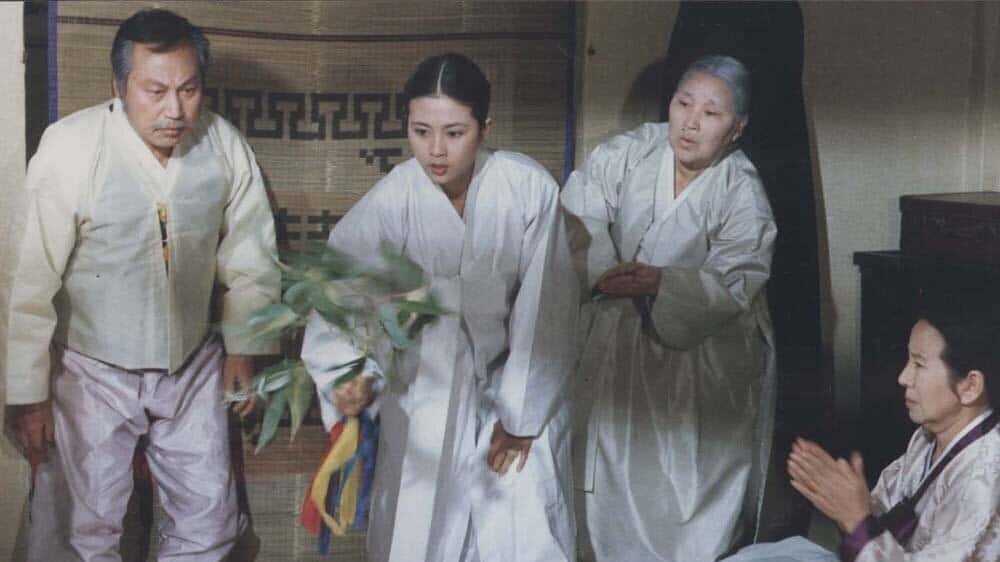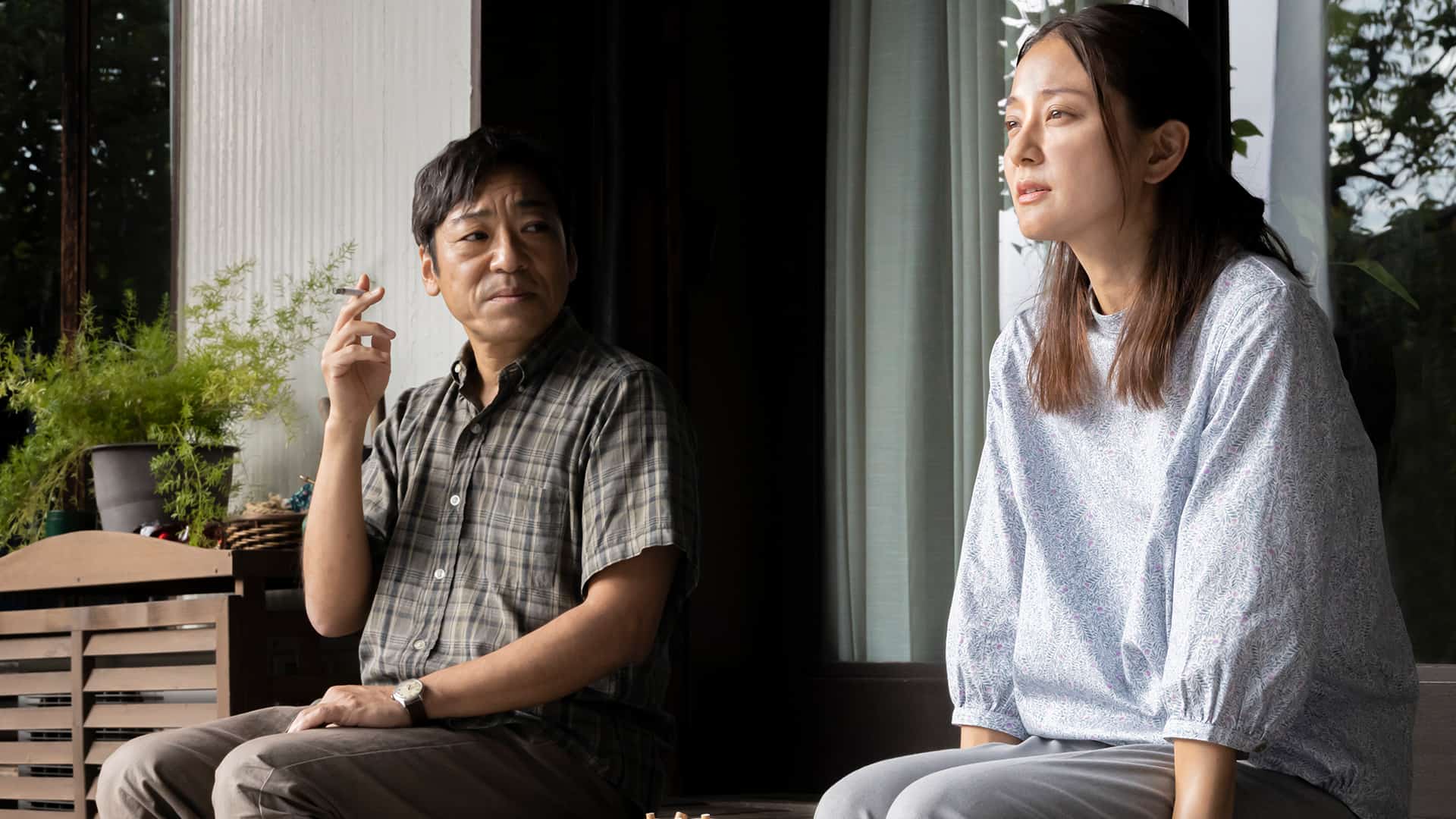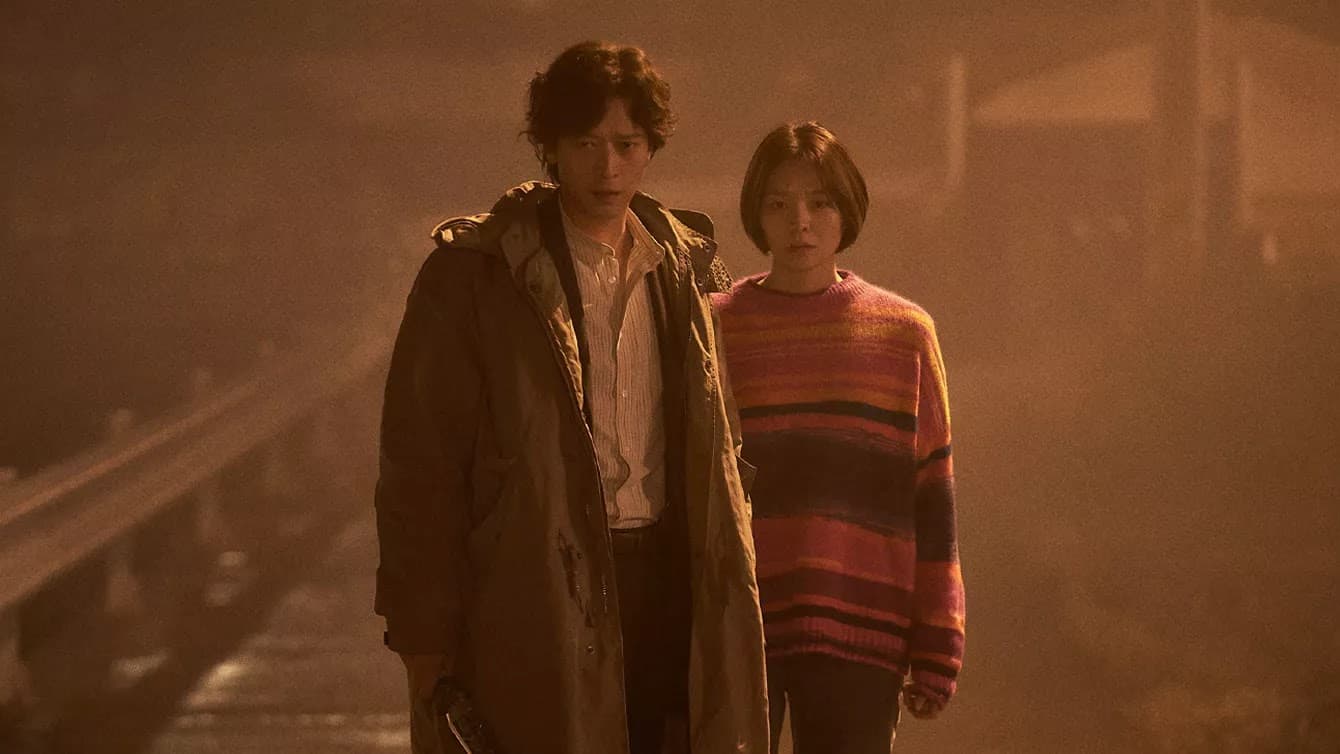For his feature film debut, Hollywood producer Bruce Nachbar (“Free State of Jones”, “Monsters Inc.”) chose a way which is quite unusual, making an independent film shot in Japan with a Japanese cast. Produced with the support of crowdfunding, “To the North”, which he shot on a budget of $72,000, Nachbar regards his second film as a director as a “test case”, according to an interview he gave to the Japan Times in November 2018. He wanted to prove that you “can make a Japanese film that will have quality and a great story that people will want to see for the budgets that they have” in Japan. The result is, in many ways, a typical Japanese independent movie, following the well known blend of coming-of-age drama and road movie, dealing with themes such as growing up, friendship and first love. While “To the North” my not tread on new ground thematically and stylistically, it is nevertheless a solid effort, especially due to its cast.
“To the North” is screening at Japan Filmfest Hamburg

Ken (Yuya Fujita) and Sho (Ibuki Shimizu) have been friends since their childhood and now, as teenagers, spent most of their time fantasizing about moving out of their parents' home and going on adventures outside Tokyo. One day, as the two of them again exchange stories about going on road trips together, they get the opportunity to make their fantasy come true as they get the task of bringing a car of a ballet instructor to a town in the north of Japan. Since neither of them has a driver's license, they decide to take Toshiyaki (Masateru Otogi), a tall, reticent man, with them, who is in charge of driving the car, which turns out to be a pink van with a giant tiara on its roof.
Apart from fulfilling their dream of going on an adventure, Ken also plans to go to the Kamakura festival in the town of Aizu where he hopes to find a girl he saw when he was a kid, and is not able to forget. While Sho is content with chatting up some Northern girls and drinking beer, their routine is interrupted when they pick up a hitchhiker, a young girl (Misao) who, as it turns out, is on the run from her jealous ex-husband. Encouraged by their new, lively acquaintance, the boys actually go on quite a few adventures, until Ken finds himself falling in love with the young girl.
In what has now become more or less a cliché in many independent movies, the concept of the road as a path toward adulthood, growth and experience is now something of a core metaphor. That is not to say that a story like the one “To the North” tells its audience is bad, especially since human growth is nearly always linked to the idea of moving and stepping out of one's comfort zone. For the two protagonists, this comfort zone is both geographically and emotionally, considering getting out of Tokyo also means growing into men, even if the image of the latter is mostly connected to drinking beer, peeing outside and talking dirty about girls. Similar to such movies like Alfonso Cuarón's “Y tu mamá también” this behavior is a thin veil disguising the lack of knowledge these boys have about the opposite sex, while also a sign of their childish innocence in a way.
Typical for a story such as this, the road as well as the various “adventures” (or rather experiences) the characters go through are romanticized. Given the expectations the two teenagers have before actually going on their trip, it is a path defined by discoveries as well as disappointments, about the world, about love and most importantly, about themselves too. The romantic notion of discovering something new, which in this case means beer and easy sex, will obviously be disappointed, a notion both characters seem increasingly aware of, hence their hesitation to actually go on a trip. Dreaming is always easy, but uncovering the reality behind the dream is often quite painful.
Aside from the aforementioned aspects within the story, Nachbar's feature strongly benefits from his cast. Especially Yuya Fujita and Ibuki Shimizu as the two leads have a believable chemistry together, acting as two people who think they know each other inside out, but in reality know so very little. Additionally, Misao gives perhaps the best performance as a girl whose dynamic and lively attitude shakes up the naive and boyish world view of the two characters.
In conclusion, “To the North” is a solid directorial effort, a blend of road movie and light coming-of-age drama. Especially due to its cast and its script, it is a film which will certainly entertain its audiences, making people laugh while also not being simplistic.



